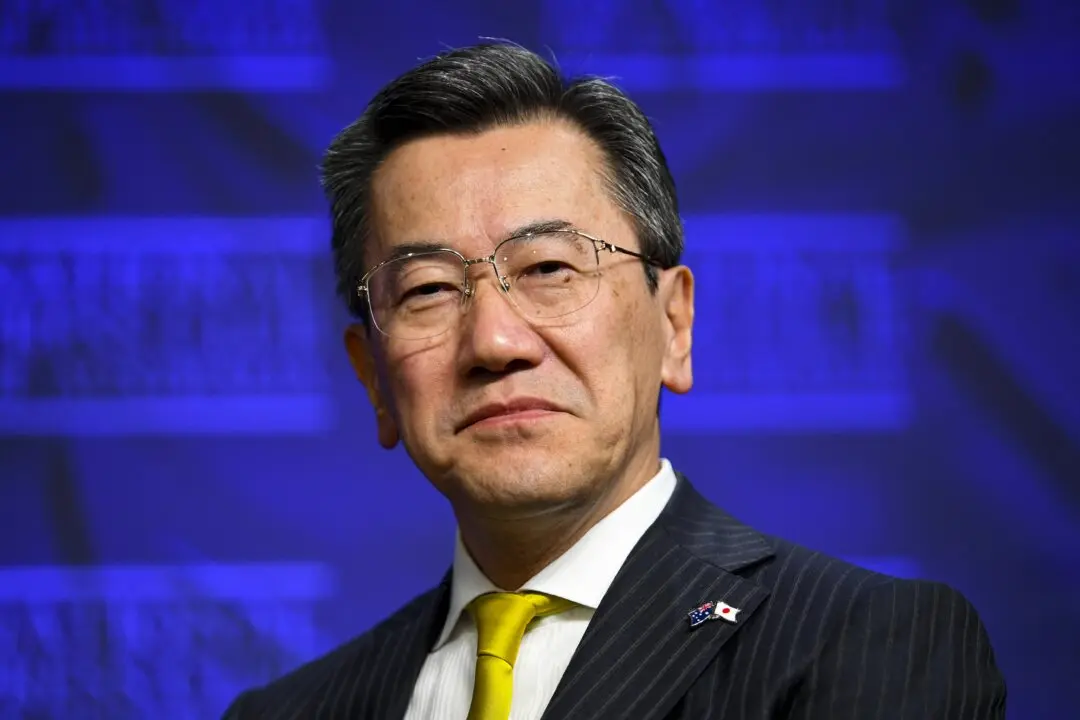The Queensland government’s massive coal royalty tax could push away Japanese investors and undermine the decades-long partnership between both countries, Japan’s ambassador to Australia has warned.
The stark comments from Yamagami Shingo come after the Palaszcuk government announced it would introduce three extra tiers of taxes to the state’s mining royalty scheme.




